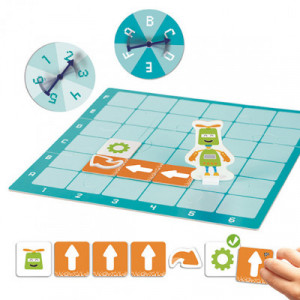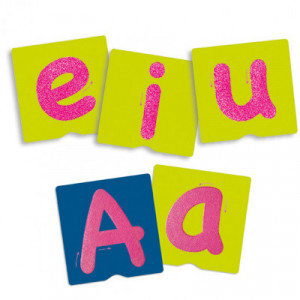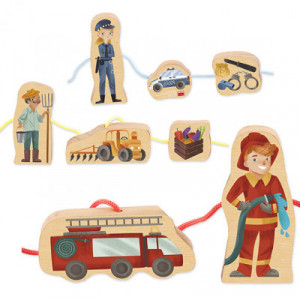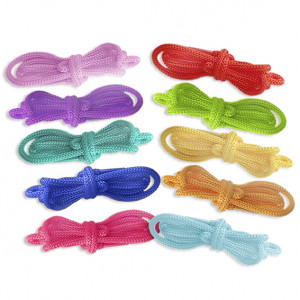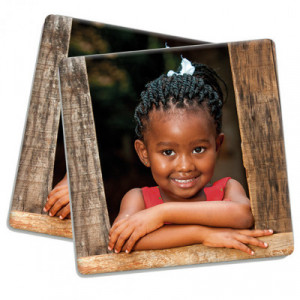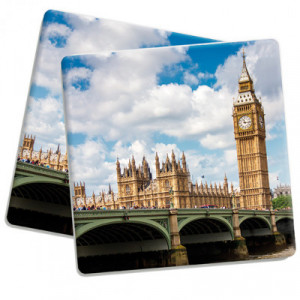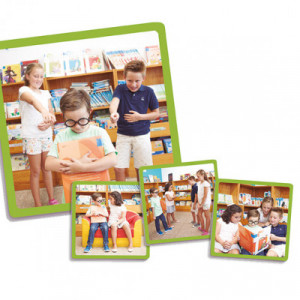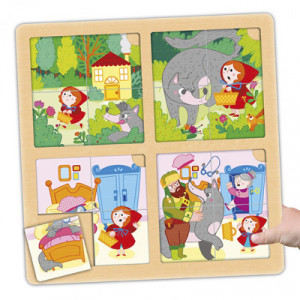Between 3 and 6 years old
From the age of 3, children begin to relate more with their peers, to do tasks together and to share games in their peer group. They begin to internalize the rules and acquire new learning and group values. In this age period, children progress more quickly in the complete acquisition of language and new knowledge. Also in their psychomotor and psychosocial development.
At this age the game is their way of learning and acquiring the skills, values and ideas necessary for their proper development. That's why the game should encourage them to work as a team, help them to experience new sensations and above all to develop their imagination.
The following games and materials for children ages 3 to 6 will help you learn while having fun. Discover them all!
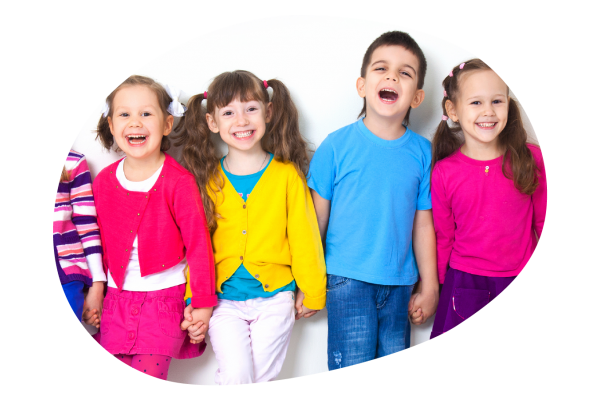
Set of puzzle-sequences: the three little pigs and cinderella (2 units)
In this age range, children are able to remain still longer. They already have a self-concept and recognize their individuality to the rest of the world. They understand the small assignments that adults ask them for and are able to carry them out.
Characteristics of children between 3 and 6 years old
Their fine motor skills are developed enough to lift and lower zippers, use pencils, cutlery and scissors without assistance, or brush their teeth. They start reading and writing, integrate it into their lives and improve it over time.
These small successes build their self-esteem. In these years they evolve from an egocentric thinking, based on the immediate satisfaction of their needs, to an understanding of other people's points of view.
Another consequence of maturation is that children gain independence and need parents less. Since she already knows how to hold her pencil and turn through pages of books, she can paint stories with more complex characters. At the age of 3 he is already able to scribble letters of the alphabet and his own name. These findings serve to strengthen their self-esteem.
Also at the age of 3, children discover their genitals. They begin to appreciate the anatomical differentiation between the two sexes, and seek to reaffirm their identity by imitating the behaviour of their gender's relative. They may imitate the daily activity of the mother or father respectively.
Games for children between 3 and 6 years old
The main feature of this era is the development of symbolic games, where children play different roles or situations in the real world. It is one of the ages where parents' play with their children is most important. When he was 3 years old, he used onomatopoeias to refer to animals.
In the games they do not seek the approval of the elders and only use them in case of need. They begin to attach importance to details such as clothes or make-up.
Regarding his character, the child knows how to show how he feels and how to increase his sociability. Their games are conditioned by the participation of other children. The selfishness of 2 years old is now behind them and part of them is the idea of sharing their toys with other children.
Each age has its own specific needs and that is why in the Akros shop you can find games adapted for children from 2 years old, special toys from 6 to 8 years old and even games for the elderly.







